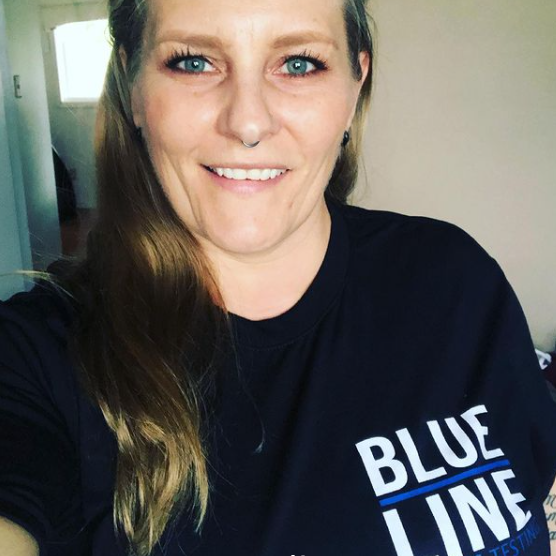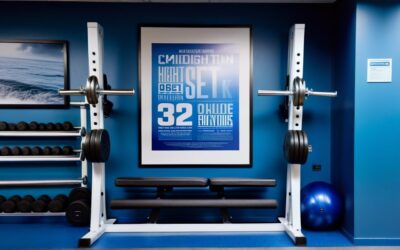First responders are the unsung heroes of our communities. Whether it’s firefighters, police officers, correctional officers, paramedics, or emergency medical technicians, we face high-stress situations on a daily basis to ensure our communities safety and well-being. While our dedication to our roles can be commendable, it often comes at a cost, especially when it comes to sleep wellness. Sleep is the foundation of physical and mental health, and it’s essential that first responders prioritize it for their own well-being and the safety of those they serve.
The Unique Sleep Challenges of First Responders
First responders face a unique set of challenges when it comes to getting quality sleep:
- Shift Work: Many first responders work irregular hours, including overnight shifts, with short turn arounds or excessive overtime, which can disrupt our circadian rhythms and make it challenging to establish a regular sleep schedule.
- High-Stress Environments: The nature of our work regularly exposes us to traumatic events, high-stress situations, and the constant need for quick decision-making. These factors can lead to increased levels of anxiety and sleep disturbances as we replay scenarios and situations from our shifts over in our heads as we attempt to wind down.
- Physical Demands: As first responders, we often perform physically demanding tasks, which can lead to physical fatigue. When combined with sleep deprivation, this can increase the risk of accidents and injuries for ourselves, our co-workers or partners and the people we are trying to serve.
- Interrupted Sleep: On-call duty and unpredictable emergencies can lead to interrupted sleep patterns, preventing first responders from getting the recommended amount of uninterrupted sleep.

The Importance of Sleep Wellness
Prioritizing sleep wellness is not just a matter of personal comfort; it’s a matter of safety. Here are some compelling reasons why first responders should make sleep a priority:
- Enhanced Cognitive Function: Sleep is crucial for cognitive functions such as decision-making, problem-solving, and memory. Adequate sleep ensures that first responders can perform their duties effectively.
- Emotional Resilience: Sleep is essential for emotional regulation. When well-rested, first responders are better equipped to cope with the emotional toll of our work and we reduce the risk of developing conditions like post-traumatic stress disorder (PTSD).
- Physical Health: Lack of sleep can lead to various health issues, including cardiovascular problems, diabetes, and obesity. Prioritizing sleep can reduce these risks and improve overall health.
- Safety: Sleep-deprived first responders are at a higher risk of accidents and errors on the job, which can have serious consequences for both us and the public we serve.
Strategies for Improving Sleep Wellness
Now that we understand the importance of sleep wellness for first responders, let’s explore some strategies to help us get better quality sleep:
- Establish a Sleep Routine: Try to go to bed and wake up at the same time every day, even on days off. This consistency helps regulate your body’s internal clock.
- Create a Sleep-Conducive Environment: Make your sleep environment as comfortable as possible. This includes a dark, cool, and quiet room, comfortable bedding, and minimizing electronic devices before bedtime.
- Limit Caffeine and Alcohol: Avoid caffeine and alcohol in the hours leading up to bedtime (no matter what time your bedtime is that day), as these substances can interfere with sleep.
- Manage Stress: Engage in stress-reduction techniques such as meditation, deep breathing exercises, or yoga to help calm the mind before sleep.
- Stay Active: Regular exercise can improve sleep quality, but avoid vigorous workouts close to bedtime.
- Seek Support: Don’t hesitate to seek support from mental health professionals if you’re struggling with sleep or the emotional toll of your work.
First responders play a vital role in our communities, and our well-being is crucial for public safety. Prioritizing sleep wellness is not a luxury but a necessity. By implementing these strategies and acknowledging the importance of sleep, first responders can ensure they are mentally and physically prepared to face the challenges of our demanding profession while also safeguarding our long-term health and resilience. Sleep is not a sign of weakness; it’s a sign of wisdom and self-care.

HOW DOES YOUR SLEEP MEASURE UP?
Take this quiz to see how your sleep measures up and where you can make improvements!
As a first responder, your health and well-being are vital for serving your community effectively. By prioritizing proper sleep and nutrition, you can equip yourself with the energy, mental clarity, and resilience needed to face the challenges of shift work. Remember, regular sleep, a balanced diet, hydration, and mindfulness practices will help you thrive and continue to be the best first responder you can be.
Need help with your nutrition? Blue Line Fitness Testing can guide you along the way with our integrated app! From meal plans to recipe ideas and macro tracking, we have it all right at your fingertips!
For more information on PARE prep and testing or any of the other law enforcement testing Blue Line offers, check out these pages and posts:
Becoming a Fish & Wildlife Officer in Alberta
Everything you Need to know about being a Sheriff in Alberta
Sirens, Slammers and Service – A podcast for first responders







